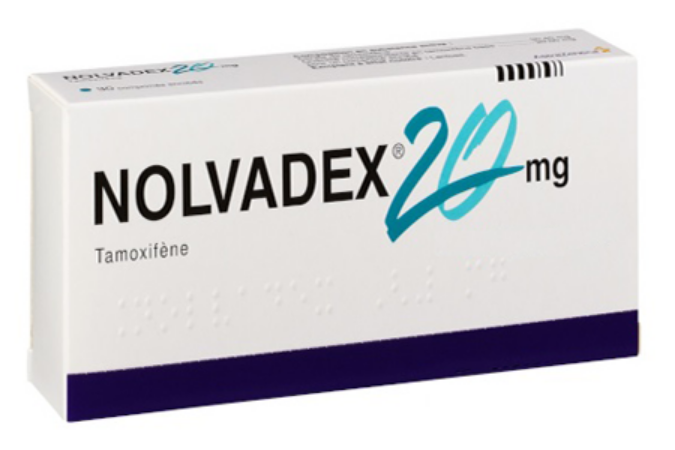$89.99
Nolvadex, or tamoxifen citrate, is a crucial medication in the treatment and prevention of hormone receptor-positive breast cancer. Its unique mechanism of action as a selective estrogen receptor modulator allows it to effectively block estrogen receptors in breast cancer cells, thereby inhibiting cancer growth. While it has been a cornerstone in breast cancer therapy for decades, Nolvadex does carry potential side effects and considerations that require careful monitoring and management by healthcare providers. With appropriate use and oversight, Nolvadex continues to significantly improve outcomes and quality of life for breast cancer patients worldwide.
Nolvadex, known generically as tamoxifen citrate, is a medication that belongs to the class of selective estrogen receptor modulators (SERMs). It is widely used in the treatment of breast cancer, both in the adjuvant setting (after surgery) and for metastatic disease. Nolvadex has a unique mechanism of action compared to aromatase inhibitors like Femara, Aromasin, and Arimidex. This comprehensive overview will delve into its uses, mechanism of action, administration, side effects, precautions, and other relevant aspects.
Uses Nolvadex is prescribed for the following purposes:
- Breast Cancer Treatment: It is primarily used in the treatment of hormone receptor-positive breast cancer. Nolvadex works by blocking estrogen receptors on breast cancer cells, thereby preventing estrogen from binding and stimulating cancer cell growth. This is particularly beneficial in both early and advanced stages of breast cancer.
- Breast Cancer Prevention: In some high-risk individuals, such as those with a strong family history of breast cancer or certain genetic mutations (e.g., BRCA mutations), Nolvadex may be used to reduce the risk of developing breast cancer.
Mechanism of Action Nolvadex exerts its effects through its activity as a selective estrogen receptor modulator (SERM). It binds to estrogen receptors on breast cancer cells, blocking estrogen from attaching to these receptors. This prevents estrogen from stimulating the growth of hormone-sensitive breast cancer cells. Nolvadex’s action is selective in different tissues, acting as an estrogen agonist in some (e.g., bone) and antagonist in others (e.g., breast tissue).
Administration and Dosage Nolvadex is typically administered orally in the form of tablets. The dosage and duration of treatment depend on the specific condition being treated and individual patient factors. For breast cancer treatment, the usual dose ranges from 20 mg to 40 mg daily, often taken in divided doses.
Side Effects Common side effects of Nolvadex may include:
- Hot flashes
- Vaginal discharge or bleeding
- Fluid retention
- Nausea
- Fatigue
- Mood changes
More serious side effects are less common but can include an increased risk of uterine cancer (endometrial cancer), blood clots, and cataracts. Regular monitoring and prompt reporting of any unusual symptoms are essential during treatment.
Precautions and Considerations
- Pregnancy and Breastfeeding: Nolvadex is contraindicated during pregnancy due to potential harm to the unborn baby. It should not be used while breastfeeding.
- Uterine Effects: Due to its estrogen-like effects on the uterus, Nolvadex can increase the risk of developing endometrial cancer. Regular gynecologic examinations are recommended to monitor for any signs or symptoms.
- Bone Health: Unlike aromatase inhibitors, Nolvadex does not cause bone loss and may have a protective effect on bone density.
- Interactions: Nolvadex may interact with certain medications, so it is important to inform healthcare providers about all current medications and supplements being taken.
Reviews
There are no reviews yet.



Be the first to review “Nolvadex,”